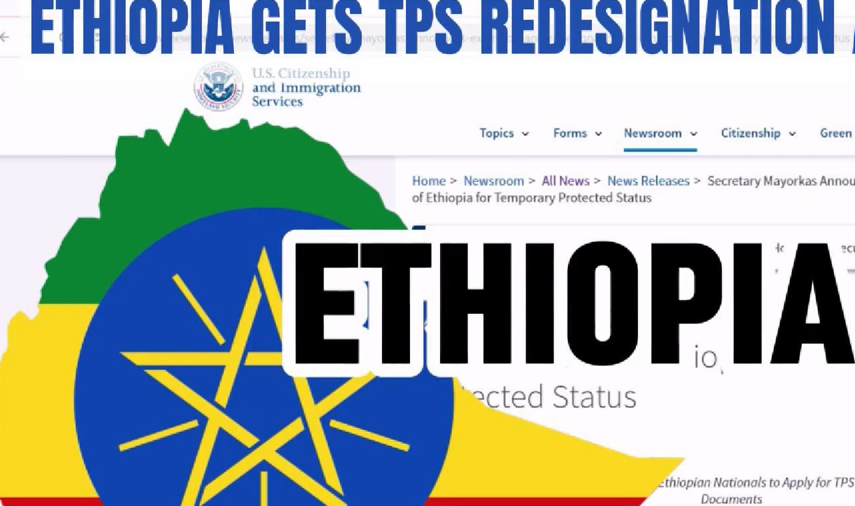Industrial countries in the West continue to prosper while at least four million children will die in Africa this year alone before their fifth birthday. Prof. waMirii says the wealthy nations are not interested in a 100 percent debt cancellation but will use the Scotland platform to further sharpen their strategies to ensure that African countries remain in debt and are subject to manipulation.
It has been impossible to find African commentators who believe that the rich industrial countries will heed Tony Blair’s call for 100 percent debt cancellation.
Already, Blair’s ally, U.S. President George Bush has publicly opposed doubling development assistance for the continent to $50 billion. One Harare-based political commentator aptly summed up the dim prospects for a 100 percent debt cancellation for poor countries in Africa on the negotiating table at the upcoming Group of 8 summit.
If anything, the commentator argues, the group of eight wealthy countries who will meet in Scotland in July to debate poverty in Africa, will merely “polish the shackles of debt,� rather than help lift the continent out of perpetual poverty. “I doubt, whether they will take it seriously because they know very well that the strategy of re-colonization is debt through more aid and ensuring that we live in debt perpetually,� says Professor Ngugi waMirii, a social critic based in Harare.
And, rightly so, British prime minister Tony Blair raised the stakes in an ambitious plan to double aid to Africa with an extra US$25 billion a year denouncing the “obscenity of misery ravaging the continent� and calling it “the fundamental moral challenge of our generation.�
Blair recently launched his Commission For Africa report which coincided with Britain’s chairmanship of the G8 group of industrial nations’ summit. Industrial countries in the West continue to prosper while at least four million children will die in Africa this year alone before their fifth birthday.
Prof. waMirii says the wealthy nations are not interested in a 100 percent debt cancellation, but will use the Scotland platform to further sharpen their strategies to ensure that African countries remain in debt and are subject to manipulation. “They would not want Africa to benefit from its finished product,� he says, referring to the fact that the continent exports raw goods rather than processed manufactures, “but ensure that the continent remains a source of cheap raw materials.
They would not want to think of helping Africa to establish industries that could manufacture finished products with added value.� Very often, he says, rich nations talk of establishing assembly plants which assure them of a ready market using components derived from their home countries.
“This way, they bring in finished products through components sourced through limited foreign currency sources,� he says. Activists say debt cancellation can free resources for clean and portable water, primary education for girls and access to life saving drugs for millions of impoverished Africans.
They are positive signals though and they say debt cancellation works. They point out that limited relief from debt payments has resulted in increased health and education spending in Uganda, Tanzania, Benin and Mozambique.
The G8 summit will be full of promise and backtracking. “If anything, it will put more hostility measures; talk of democracy, good governance and human rights and yet they are the orchestrators of human rights abuse like in the case of Zimbabwe,� Prof. waMirii says.
“They will meet to perfect strategies to attack our leaders so that we are always in wars and conflict rather in peace for production. For example in Zimbabwe, our crime was to take [control of] our national resource.� Africa’s external debt continues to suppress its people so that no matter how hard they toil they remain rooted in poverty.
The continent’s annual debt stands at US$12 billion—about three times what the continent spends on health. In Kenya, it is estimated that 32 percent of the national budget went to debt repayment while an appalling 1.2 percent went to agriculture, the mainstay of the economy; 2.2 percent was devoted to health and 1.7 percent to education and water 1.5 percent. Critics in various parts of the world say there is little hope about the idea and other ventures started by the developed nations.
“I think it is just a diversion for the problems they are bringing on the continent,� remarked Gyeke Tanoh, a Ghanaian critic. Zimbabwe owes the International Monetary Fund and other multilateral agencies more than US$301 million and analysts say repayment of this backbreaking debt will worsen the country’s position as it battles to feed the nation owing to poor rains in the second half of the season.
The Reserve Bank of Zimbabwe pledged to knock down the debts by increasing quarterly payments to the multilateral agencies to US$5 million. By April this year, Zimbabwe had managed to pay US$30 million since January 2004, resources which analysts are enough to help the country procure life saving drugs, to improve education and health.
It is said that so far 27 countries, 23 of them in Africa have qualified for some debt relief and expected to benefit from US$54 billion in long term debt relief over time. Only 14 countries have successfully completed the program and have received US$29 billion in debt relief and are said to have channeled money into poverty reduction programs.
Africa still owes rich countries more than US$293 billion. The debt movement is pressing for a 100 percent debt cancellation to help poor countries invest more in the fight against poverty and less to paying old debts. Critics charge that rich nations want to maintain Africa’s debt as a convenient instrument of political control so that they can continue to impose their will on Africans by continually reminding them how much they owe them and when they have to pay.
Sifelani Tsiko is The Black Star News’s Southern Africa correspondent based in Harare, Zimbabwe. For more reports and articles please call (212) 481-7745.











